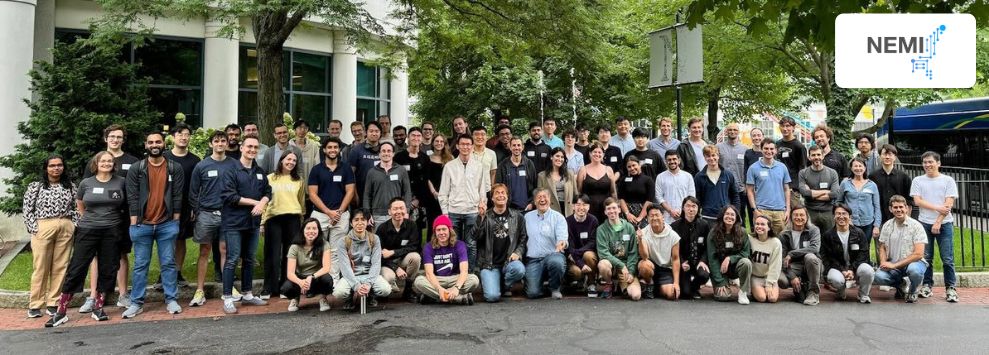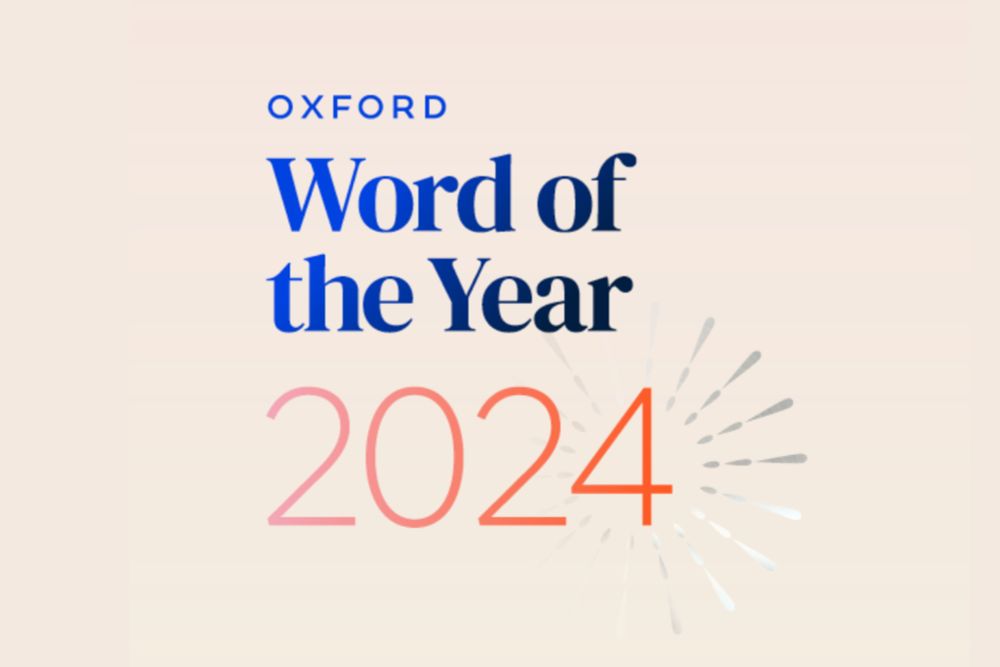Sheridan Feucht @ COLM
@sfeucht.bsky.social
210 followers
320 following
25 posts
PhD student doing LLM interpretability with @davidbau.bsky.social and @byron.bsky.social. (they/them) https://sfeucht.github.io
Posts
Media
Videos
Starter Packs
Pinned
Reposted by Sheridan Feucht @ COLM
Reposted by Sheridan Feucht @ COLM

















